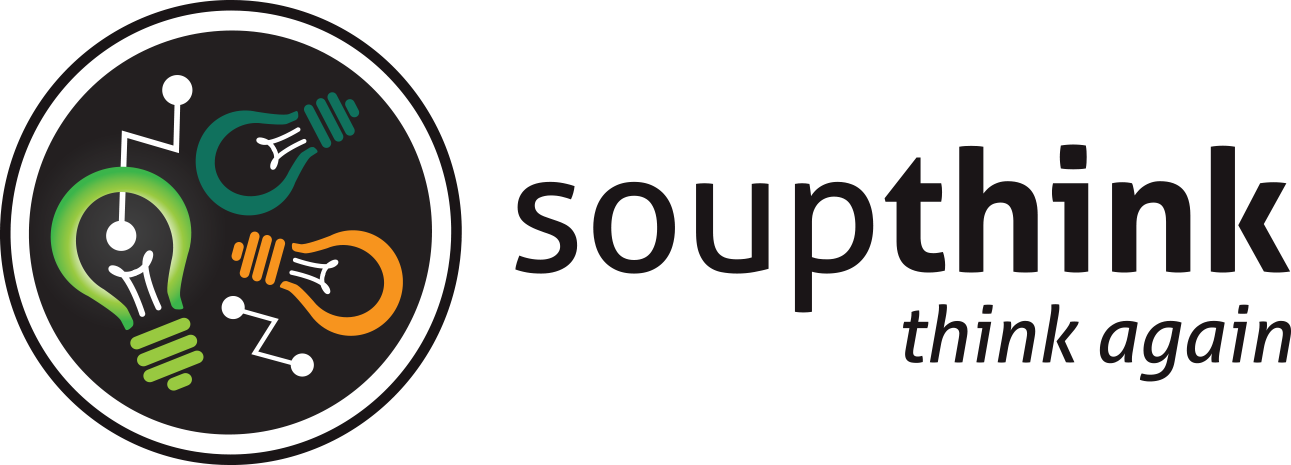Adapting from an objective to a subjective world...
I have recently been reading an excellent book called “Flip” by Peter Sheahan (https://www.harpercollins.com/9780061847134/flip/). After reading it, I pondered the idea that many issues have morphed from being objective in the Industrial Era to subjective in the digital era. While all of have exposure to different ideas, many of these ideas are obsolete. I think that part of the reason many of us are struggling is that we are trying to react to specific situations with broad rules of thumb that no longer apply. Because we have often only learnt these rules, our problem-solving skills are fairly weak. Along the same lines, we won’t find effective solutions that will apply across the board the way they used to.
I think this broad set of ideas reflects across a range of human activities. I was recently frustrated at how out-of-date a person’s thinking was in relation to finding information in general. But that behaviour makes sense when I apply this objective/subjective mindset to it. This person learned in an education system that often insisted there was only one answer to problems, and received grades according to how well they remembered those answers. Before the world went digital, people did well by following rules and applying rigid answers to questions.
Now, however, as that world rapidly fades, and the institutions it spawned likewise struggle to adapt, many people brought up in this era are all at sea. Nothing much makes sense anymore, and the old rules don’t help. Even worse, it often feels as though there are no new answers – or at least, it’s not clear where to find them. But other people seem to be managing it, so what’s going wrong?
Well, part of it is an inability to recognize that the mental tools and concepts we apply to problems are no longer fit for purpose. As such, learning to think in a different way is not going to be about going back to study. For one thing, trial and error will build the skill sets needed, not rote learning. And for another, Australia’s education system is not producing effective answers for many graduates. https://www.goodfood.com.au/eat-out/news/why-no-one-wants-to-be-a-chef-20170811-gxu1gs
Sheahan notes in the book that the world is simultaneously becoming closer, faster, and more complex. This demands that people become problem solvers, because waiting for someone to tell us what to do will not cut it. Not only are basic tasks being outsourced and automated, but much work is shifting to a project-based model. As such, what we did yesterday may only be marginally relevant to today’s task. As the cost of services rises, the relative value of unskilled labour in Australia has been falling. It has not been in complete freefall as in the USA, but rather like air whining its way out of a balloon. The Global Financial Crisis of 2008, however, marks the dividing line between the Industrial Era and the Digital Era. From this point in time forward, digital disruption may be strong enough that relative wage levels will not recover.
There is a cultural aspect to this as well, and it’s showing up in Australian politics and society more broadly. I think one reason that Australia hasn’t seen much economic reform for around 15 years now is that much of the population is terrified of the changes it brings.
For example, one in three Australians now works on a casual basis (https://www.canberratimes.com.au/politics/federal/in-a-packed-community-hall-bill-shorten-demonstrates-his-advantage-over-malcolm-turnbull-20180504-p4zddj.html). This may well suit some people, and in order for our firms to compete, it is likely necessary. But many casuals would like to work more, and underemployment is chronic across Australia. Also, working casually has real impacts on people’s lives. Not only does this unstable work make it hard to spend time with friends and family, but also to undertake team sport and volunteering. Many of our institutions have also not kept up with this change, making it hard for casual workers to get loans, insurance, and similar things that full-time workers take for granted.
Likewise, we collectively invest far too much in housing because it is something tangible and solid that we understand. While Australians hold high numbers of shares on a global scale (https://www.asx.com.au/documents/resources/australian-share-ownership-study-2014.pdf), I’d argue that much of this is a very passive ownership. For much of the population, shares are on a spectrum of assets seen as too hard to understand, with BitCoin and similar digital products well beyond the pale. As such, we have a housing bubble in part because of our fears around the future.
Recent Royal Commissions have led many to feel that very few large organisations can be trusted, from the banks (already unpopular before the most recent scandals) through to churches and community organisations. It is possible that this broad disgust felt towards many of our institutions may be because many people feel they are only seeing the sharp end of the digital era. For example, we have gone from dealing with people we knew at a local level to call centres, and then to digital chatbots. While there are often compelling business reasons for firms to do this, nobody asked customers what they wanted. Most Australian firms put nothing in place to restore trust in their brands.
Finally, the economic changes experienced elsewhere in the world remain muted in Australia. Instead of getting a sharp shock out of complacency, the near miss from the GFC serves to reinforce existing patterns of behaviour. And so, at a time when speed is of the essence, many Australians are fearful and angry. Rather than looking at how the world is changing, and thinking about how to adapt to these changes, many are resisting this. They are hoping that these changes will go away, and that normal programming will resume soon. I fear they are mistaken, and that they will fall even further behind.
What do you think?







